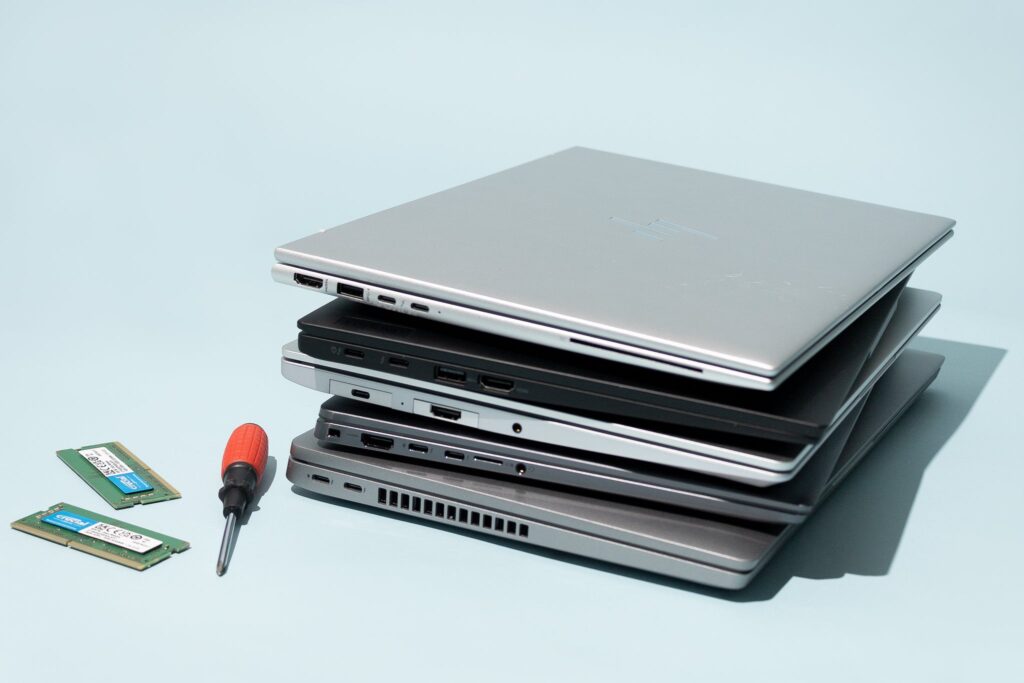Rama Krishna Sangem
For the first time in American history, Global credit rating agency Fitch earlier this week downgraded US Sovereign rating from AAA to AA+, citing expected fiscal deterioration over next three years, a high and growing general government debt burden and steady deterioration in governance over the last 20 years. Recent move of President Biden to raise debt ceiling limit too is a factor for Fitch rating down.
This decision marked the first time in history that the US lost its top-tier AAA rating with Fitch. Credit agencies ratings of sovereignty of countries impacts not just global markets, but also the creditworthiness of those governments in open economies. However, most CEOs of global companies played down the impact of Fitch rating down of the US as the country’s economy is in fine shape currently.
One of the primary reasons cited by Fitch for downgrading the U.S. credit rating was the mounting fiscal challenges faced by the nation. The U.S. has been grappling with a persistent budget deficit, increasing national debt, and rising interest payments on that debt. Failure to address these fiscal issues could lead to higher borrowing costs, hampering economic growth and increasing financial vulnerability.
Downgrade impacts markets
The domestic stock markets tanked over 1 per cent on August 2, Wednesday amid continuous outflows from foreign portfolio investors. “The downgrade of the U.S. credit rating to AA+ can have significant implications for the financial markets, both domestically and globally. The U.S. Treasury bonds are considered a benchmark for safe-haven assets worldwide.
The downgrade may result in higher yields on U.S. government debt as investors demand higher compensation for perceived increased risk. This could lead to a sell-off of U.S. Treasuries by investors seeking higher returns, potentially driving down bond prices.
Indian markets will be under pressure in the short term
Since Fitch began to lower the evaluation to AA+, it proves that the uncertainties of the US economic system will gradually increase in the future, which will put pressure on the Indian equities market in the short term and expect the gold market to continue to be beneficial in this circumstance,” said Jayden Ong, Senior Market Analyst, APAC, Vantage.
Incidentally, Fitch is not the first agency to downgrade the US rating
Back in August 2011, S&P had downgraded US debt rating a notch in the aftermath of the global financial crisis and the vulnerability of the US economy. Subsequently, the S&P 500 index underwent a 6-month correction of 18%, followed by a resilient bull run.
The US economy is much stronger today, despite the COVID disruption and the recent inflation battle. Consequently, a short-term correction in the US markets is likely
The concern for emerging markets like India is that a US downgrade could lead to risk-off selling in most emerging markets. However, the wisdom in the street is that this could, at best, be ephemeral. Markets will not believe a downgrade when the US has managed the tightrope of low inflation without harming GDP growth. The last time in 2011, S&P fired its CEO.
It remains to be seen what happens now? The case is going to be more of noise and less of substance,” said Nehal Mota, Co-Founder & CEO, Finnovate, Hybrid Financial Fitness Platform.
Even Mukesh Kochar, National Head-Wealth, AUM Capital agrees that the impact will be short-lived on Indian markets as one rating agency S&P has already downgraded the US to AA+ before.
“This time the impact should be for a couple of days and the market may focus on other fundamental factors. The impact on the Indian market should also be short-lived and other factors such as earnings, crude prices and RBI policy and fund flows will be the key to the market. Having said that market is heated the world over and may find a reason to correct it,” said Kochar.
Gold prices may go up
Gold prices gained today after the Fitch downgrade since investors prefer gold for investment in times of economic uncertainty.
Brokerage firm Motilal Oswal Financial Services believes gold, on MCX, could trade in the range of Rs 58,800- Rs 59,700 while Ravindra V. Rao, CMT, EPAT, VP-Head Commodity Research at Kotak Securities believes gold prices might stay buoyed for the day as Fitch Ratings’ move to strip the US of its top-tier sovereign credit grade might keep demand for safe havens buoyed.
Time to book profits
Foreign Institutional Investors (FIIs) have turned net sellers in the past few days, indicating a cautious stance in the market.
“The recent downgrade of the US rating by Fitch is unlikely to be a major concern since rating changes often come with certain repercussions. Nevertheless, it could provide an opportunity for some investors to take profits, leading to a possible pullback in the market,” said Santosh Meena, Head of Research, Swastika Investmart Ltd .
” If the Nifty index begins to trade below its 20-Day Moving Average (20-DMA) around 19600, it might experience further declines toward 19300 and 18888 levels. The overall structure of the Indian market is bullish; therefore, any correction will be a buying opportunity for investors,” he said.



